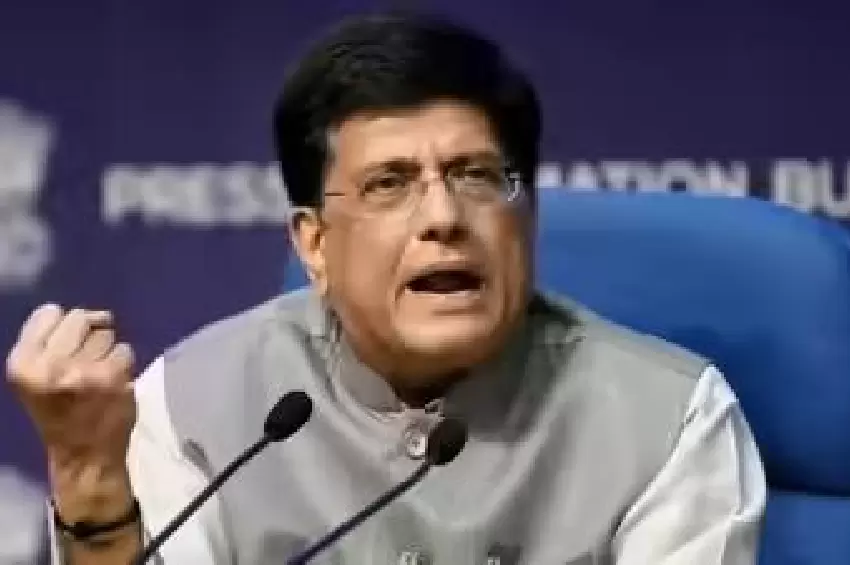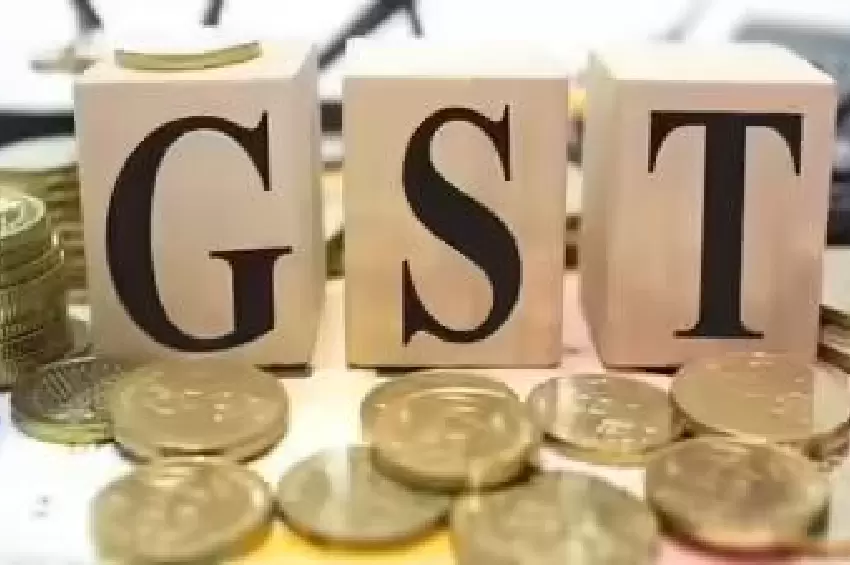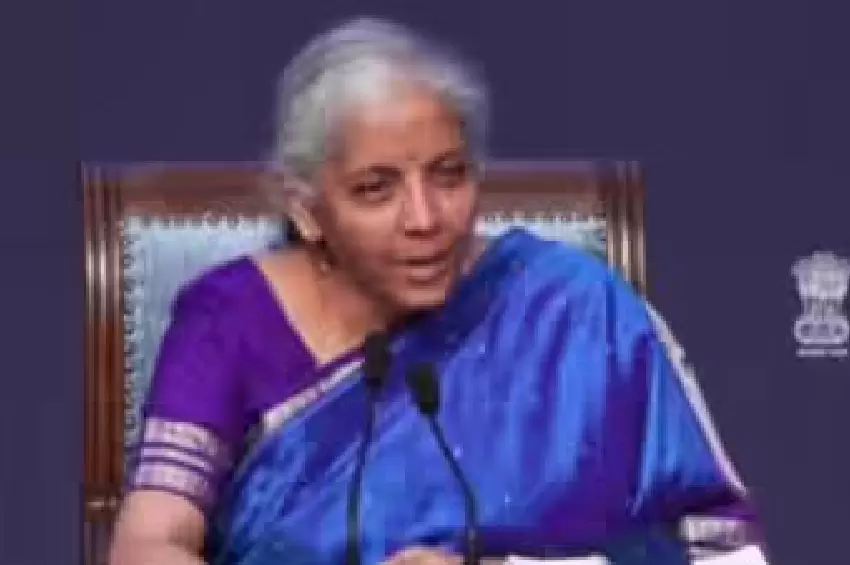Diwali Sparks Packaged Foods Boom with GST Rate Rationalization
NEW DELHI/MUMBAI: In a move poised to light up Diwali celebrations, Prime Minister Narendra Modi's government is considering a significant overhaul of the Goods and Services Tax (GST) rates. This reform aims to stimulate the packaged foods sector, promising a brighter festive season with potentially lower prices and revived urban demand.

GST Reforms to Simplify Tax Slabs
The proposed changes could eliminate the current 12% and 28% GST slabs, streamlining them into two primary rates of 5% and 18%, excluding luxury and sin goods. Experts anticipate that this shift will not only simplify the tax structure but also make everyday goods more affordable, thereby encouraging consumer spending.
Stimulus for Spending: A Festive Boost
With consumption accounting for approximately 60% of India's GDP, the impact of these GST adjustments could be profound. The festive season, especially Diwali, stands to benefit significantly, offering a much-needed uplift to the economy amid sluggish urban demand and unpredictable weather patterns affecting sales.

Industry Leaders Welcome the Move
"This policy shift is a clear vote of confidence in India's consumption story," said Dabur India CEO Mohit Malhotra. The reduction in GST rates is expected to not only energize demand but also ease the financial burden on households, fostering growth for branded FMCG products.
Looking Ahead: A Catalyst for Growth
Analysts believe that alongside other pro-growth measures, such as income tax cuts and interest rate reductions, the GST reforms could provide a cushion against external economic pressures. The food industry, in particular, is set to gain, with many products potentially moving to the lower 5% tax bracket, making them more accessible to consumers.









Comments